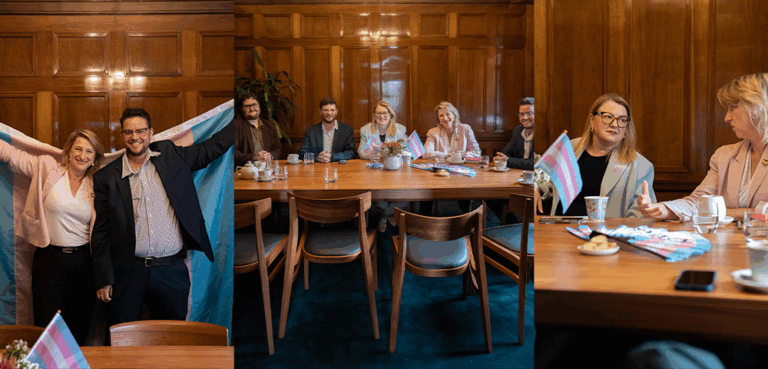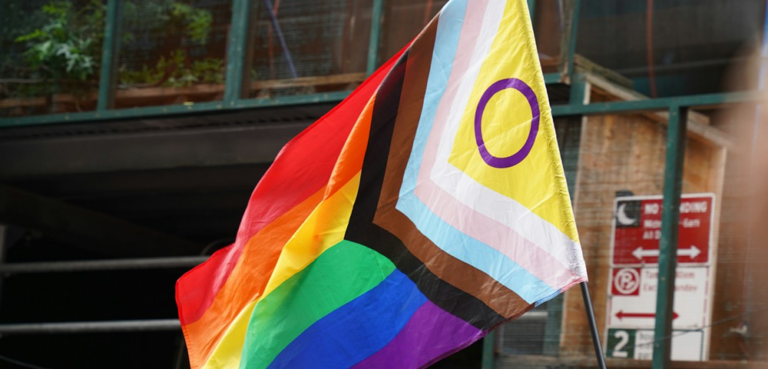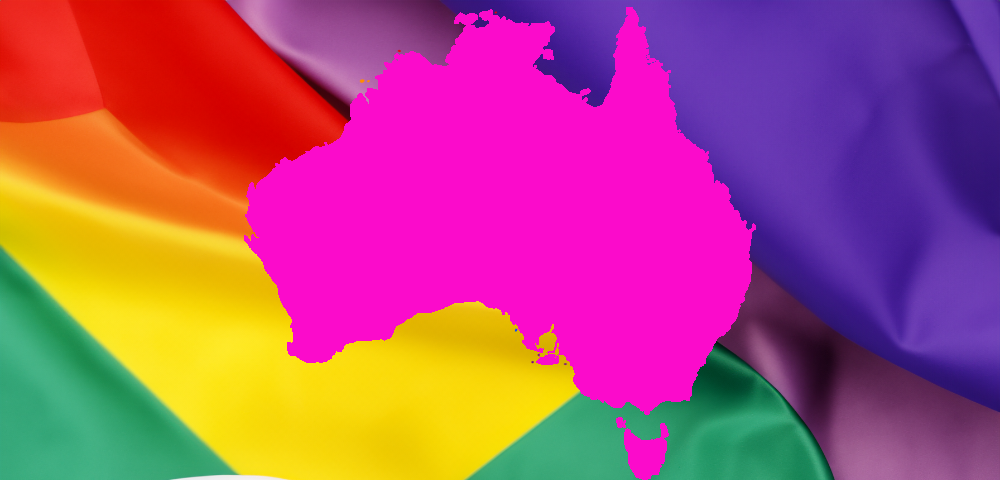

FROM the moment we are born, the state intervenes to categorise us as “male” or “female”. A box is ticked by a doctor after examination of a mucus-covered, screaming infant, and a category is assigned.
The intervention of the law, often at the hands of the medical profession, casts a long shadow over the lives of trans* people. Sadly, it’s no wonder that so many leave this world intestate (without a legal will) when the law has been a source of violation, rather than protection, of their bodies, identities and, ultimately – health and well-being.
IDENTITY DOCUMENTS
For people who identify as a gender that differs from their sex recorded at birth, the ability to change identity documentation is a critical step to recognition and acceptance.
Until recently, changing identity documents meant complying with a requirement of “surgical alteration of reproductive organs”.
In reality, this means forced sterilisation. For trans* people who cannot (for medical reasons) or do not wish to go “under the knife”, this requirement is an unjust hurdle in their struggle for recognition – an invasion of privacy and violation of bodily integrity.
Happily, there have been some promising changes in recent years. In 2011 the Federal Government relaxed its guidelines to allow passports to be issued in accordance with an individual’s gender identity without the need for surgical intervention.
These changes also allow people to use an “X” marker, in addition to “M” or “F”. In 2013, the passport policy was expanded to become a set of guidelines that apply to the whole of government.
The Sex and Gender Recognition Guidelines also encourage cultural change about the way sex and gender information is treated. Similar to ethnicity and religion, sex and gender information is sensitive and should only be asked of individuals when actually necessary.
The courts have demonstrated a capacity to think outside the box on recognition of sex, when our parliamentarians have lagged behind. In 2011, the High Court handed down a significant decision (AB & AH v Western Australia), which found that two trans* men who weren’t prepared to undertake hysterectomies were nevertheless able to legally change their sex.
The court found that physical changes wrought by double mastectomies and testosterone were sufficient, and that social recognition of a person’s gender did not require knowledge of a person’s “remnant sexual organs”, therefore the hysterectomies were not required.
This decision turned on the wording of the particular legislation in Western Australia, but the principles have a positive impact on the interpretation of equivalent state laws.
The case of Norrie v NSW Births, Deaths & Marriages, currently the subject of a High Court appeal, has potential to stretch the births, deaths and marriages laws in NSW to find a place for those who do not do not fit comfortably into the male or female categories.
But fixing the problem of legal recognition of sex requires reform of state and territory legislation. As is often the case, the ACT Government is leading the charge.
In late 2013, the ACT became the first state or territory to legislate to remove the requirement for surgery for legal recognition of sex and its government has also publicly committed to introducing a third category to record sex information on birth certificates, for a small but significant minority of people for whom “M” or “F” is not an appropriate option.
We can only hope that other states and territories will follow suit.
MARRIAGE
Maintaining a rigid binary approach to sex and gender at a state level reinforces discriminatory laws at a federal level.
As we are all too well aware, the Marriage Act dictates that marriage is between a man and a woman. This leaves those that do not fit neatly into these categories in an uncertain position and, at worst, excluded altogether.
Births, deaths and marriages laws at a state level require those applying for an alteration to their legal sex to be divorced. The thinking, presumably, is to avoid same sex marriage “through the back door”, so to speak. The paralysis on marriage equality at a federal level shouldn’t prevent governments from acting to remove these offensive provisions from state laws.
DISCRIMINATION
As well as fixing discriminatory laws, we have a long way to go before trans* people can feel safe and celebrated in employment, school and other social settings.
Equal opportunity laws play a critical role in providing recourse for individuals and serve an important educative and normative function. Thankfully, our new federal discrimination protections set a new national standard for protection against discrimination and fill the gaps in state and territory laws.
That isn’t to say we don’t have some thorny sticking points, such as religion and sport, to tackle in the coming years.
Ultimately, we still have a way to go before trans* people can feel completely protected, rather than damaged, by our system of law and justice. However, the rapid pace of reforms over recent years should make us optimistic about the possibilities of change in the future.
Anna Brown is Director of Advocacy and Strategic Litigation at the Human Rights Law Centre.
Anna Brown was asked to confine her piece to trans* issues. The Star Observer will be covering the intersex community issues in coming weeks.
Read more of the Star Observer’s special trans* feature:
RELATED: My Words: Any point on the kaleidoscope
RELATED: The Parent: My daughter transitioned as a child
RELATED: The Medic: How do you know if your child is transgender?








